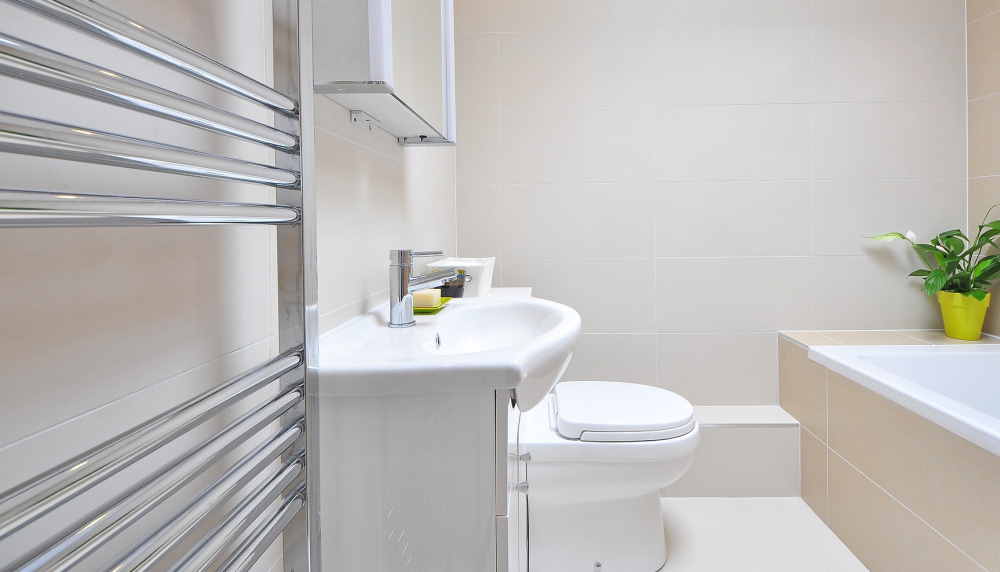Exhaust fans have become a common feature in bathrooms around the world. While they serve a very important function in removing excess moisture and odors from the air, there is a growing concern that these fans are contributing to the dehumanization of the bathroom space.
One of the ways in which exhaust fans dehumanize the bathroom is by creating a noisy and impersonal environment. The loud whirring sound of an exhaust fan can drown out all other noise in the room, making it difficult for people to relax and unwind while they are using the bathroom. This constant background noise can also make it challenging for people to have private conversations or engage in personal activities without feeling like they are being overheard.
Furthermore, the presence of an exhaust fan can make the bathroom feel cold and sterile. The harsh, industrial design of most exhaust fans can clash with the warm, inviting atmosphere that many people try to create in their bathrooms. This can make the space feel less like a sanctuary and more like a utilitarian room that is only meant for functional purposes.
Another way in which exhaust fans dehumanize the bathroom is by contributing to a sense of isolation. When the fan is running, it can create a barrier between the bathroom and the rest of the house, making it difficult for people to feel connected to their surroundings while they are in the bathroom. This isolation can lead to feelings of loneliness and disconnection, especially in homes where the bathroom is the only private space available to residents.
Additionally, exhaust fans can have a negative impact on air quality in the bathroom. While their primary function is to remove moisture and odors from the air, exhaust fans can also suck out any lingering scents from candles, incense, or other fragrances that people use to create a more pleasant atmosphere in the bathroom. This can leave the room feeling devoid of personality and character, further contributing to the dehumanization of the space.
One of the most significant ways in which exhaust fans dehumanize the bathroom is by contributing to a sense of environmental disconnect. The constant use of exhaust fans can contribute to higher energy consumption, leading to increased carbon emissions and a greater impact on the environment. This can create a sense of guilt and discomfort for people who are concerned about their carbon footprint and want to make more environmentally conscious choices in their daily lives.
In addition to the environmental impact, the increased energy consumption required to run exhaust fans can also lead to higher electricity bills for homeowners. This financial burden can add to the stress and discomfort that people already feel in the bathroom, further contributing to the dehumanization of the space.
In conclusion, exhaust fans play an important role in maintaining air quality and preventing moisture buildup in bathrooms. However, their constant presence and loud, impersonal design can contribute to a sense of dehumanization in the bathroom. By creating a noisy, sterile, and isolated environment, exhaust fans can make it challenging for people to relax, feel connected to their surroundings, and maintain a sense of personal comfort and well-being while they are using the bathroom. Finding ways to mitigate the negative effects of exhaust fans, such as using them only when necessary or investing in quieter, more aesthetically pleasing models, can help to create a more inviting and humanizing bathroom space.
Exhaust fans are a common feature in bathrooms worldwide, but concerns have been raised about their dehumanizing effects. They create a noisy, impersonal atmosphere that can make it difficult to relax or have private conversations. The industrial design of exhaust fans clashes with the warm, inviting ambiance that many people aim to create in their bathrooms, leading to a cold and sterile feel. They also contribute to a sense of isolation and environmental disconnect, as their constant use increases energy consumption and carbon emissions. To combat these negative effects, it is important to use exhaust fans only when necessary and invest in quieter, more aesthetically pleasing models.
